Moving to Denmark as an EU Citizen? Here’s what to know
As an EU citizen, moving to Denmark is easier than you think—but there are still a few things to sort out. We’ll guide you through everything from paperwork to finding a job and settling in.
As a Citizen of the European Union (EU) you have the right of free movement in Denmark
Yes, the freedom of movement within the EU means you can arrive in Denmark without needing a visa or a work permit. But before you start picturing yourself sipping coffee by Nyhavn, let’s talk about what that actually looks like in practice.
Free movement does not mean automatic access to jobs, housing, or public benefits. While Denmark is welcoming, it has strict rules when it comes to residency registration, taxation, and access to services. Within three months of arriving (or six months if you’re actively job hunting), you’ll need to register your stay. That means securing an EU residence document (EU-opholdsdokument), getting a CPR number (your golden ticket to healthcare and banking), and figuring out where you’ll live and work.
What to do
Secure Your EU Residence Document (EU-opholdsdokument)
Before you can do anything official in Denmark, you must get your EU residence document. This proves your right to stay longer than three months and is the key to accessing essential services.
Get Your CPR Number – Denmark’s Golden Key
Once you have your EU residence document, you can apply for a CPR number (civil registration number). Without it, you’ll be a ghost in Danish society—no bank account, no doctor, no access to anything.
Open a Danish Bank Account & Register for MitID
Danish employers only pay into Danish bank accounts, so opening one is mandatory if you plan to work. You’ll also need NemID or MitID, Denmark’s digital identity system, to do basically everything—sign contracts, log into online banking, and even pay taxes.
Find Work & Register for Tax (Skat)
Danish taxes are high, but they fund excellent public services. Once you have a job, you must register with SKAT (the Danish Tax Authority) to get a tax card. Without this, your employer will deduct up to 55% in taxes—ouch.
Housing & Living Costs
If you’re planning to work in Denmark, understanding the visa and work permit process is essential—especially for non-EU citizens. This section breaks down the different types of work permits, who qualifies, and how to apply. Whether you’re an experienced professional or just starting out, we’ll help you understand the legal steps needed to live and work in Denmark with confidence.
Integrating into Denmark
Denmark’s job market is strong, diverse, and open to international talent—especially in high-demand fields like tech, healthcare, and engineering. Here, we explore current job market trends, what Danish employers are looking for, and how to position yourself for success. If you’re aiming to find meaningful work in Denmark, this guide is your starting point.
Recommended content
Explore Denmark
Vil Du Lære Dansk?
The Danish language can be a challenge, but it’s also a gateway to deeper integration and everyday ease in Denmark. In this guide, we explore how to learn Danish, what resources are available, and why even basic skills can make a big difference. Whether you’re just starting out or looking to improve, this is your roadmap to mastering Danish.
Danish Work-Life Balance
Denmark is world-renowned for its exceptional work-life balance, where a 37-hour workweek, flexible schedules, and generous vacation time are the norm. In this guide, we break down what makes Danish workplace culture so unique, how it benefits both employees and employers, and what you can expect when working in Denmark. If you’re seeking a healthier balance between work and life, Denmark sets the gold standard.
Featured Articles
Is Greenland Part of Denmark? It’s Complicated.
Greenland is part of the Kingdom of Denmark—but with a twist. While it has its own government and growing independence, Denmark still plays a major role in areas like foreign policy and funding. In this section, we break down the unique political, cultural, and economic relationship between Greenland and Denmark—what connects them, what separates them, and why it matters today.
Sorry Britannia—Denmark Really Does Rule the Waves. Here’s Why.
Denmark punches well above its weight when it comes to the sea. From global shipping giants to cutting-edge green maritime tech, Denmark has quietly become a world leader on the water. In this article, we dive into how this small nation outpaces the competition—and why it might just be the true ruler of the waves.
Contact/FAQs/Articles
Contact Us Anytime
Reach out to us for personalised advice or to schedule a consultation.
Thinking about moving to Denmark? We’re here to help! Whether you need guidance on work visas, residency permits, housing, or life in Denmark, our team is ready to provide clear, advice tailored to your situation.
FAQs about Moving to Denmark
Your Essential Questions Answered: Everything You Need to Know About Moving to Denmark.
Learn More About Work/Life in Denmark
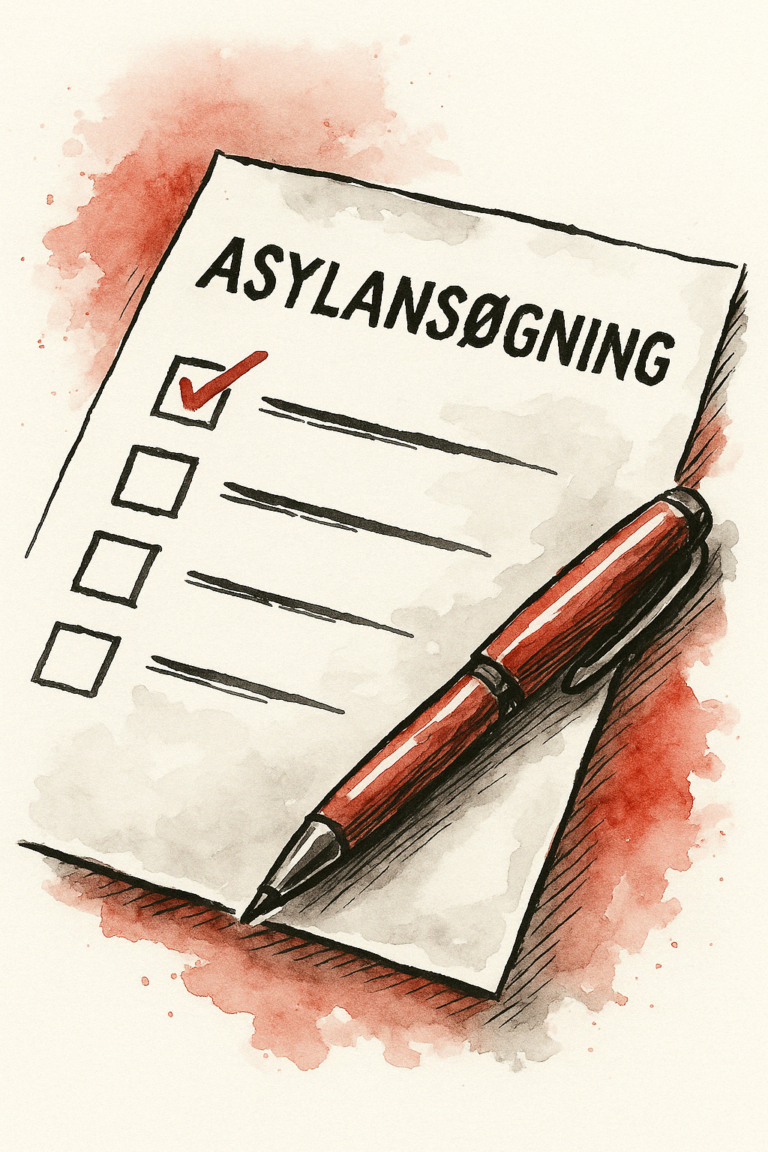
Special Visas Including Asylum in Denmark
Understanding special visas including asylum in Denmark is essential if you seek protection or specialized residency due to unique circumstances. This step-by-step guide will walk you logically through the entire process, clearly explaining each crucial stage. 1. Types of Special…
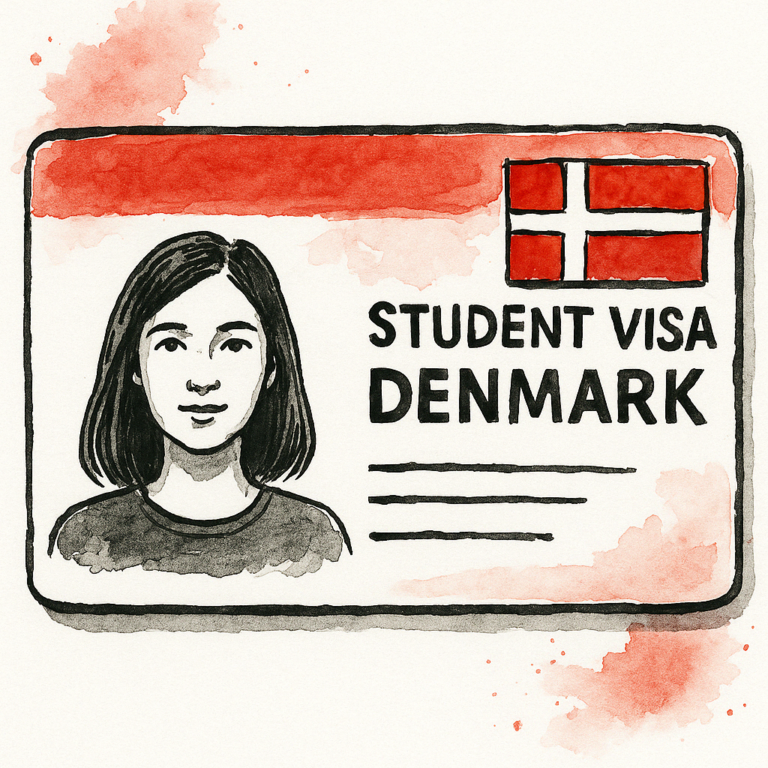
Study and Other Visas in Denmark
If you plan to study or stay in Denmark for reasons other than employment or family reunification, understanding the process of obtaining study and other visas in Denmark is crucial. This detailed guide covers everything from eligibility criteria to the…
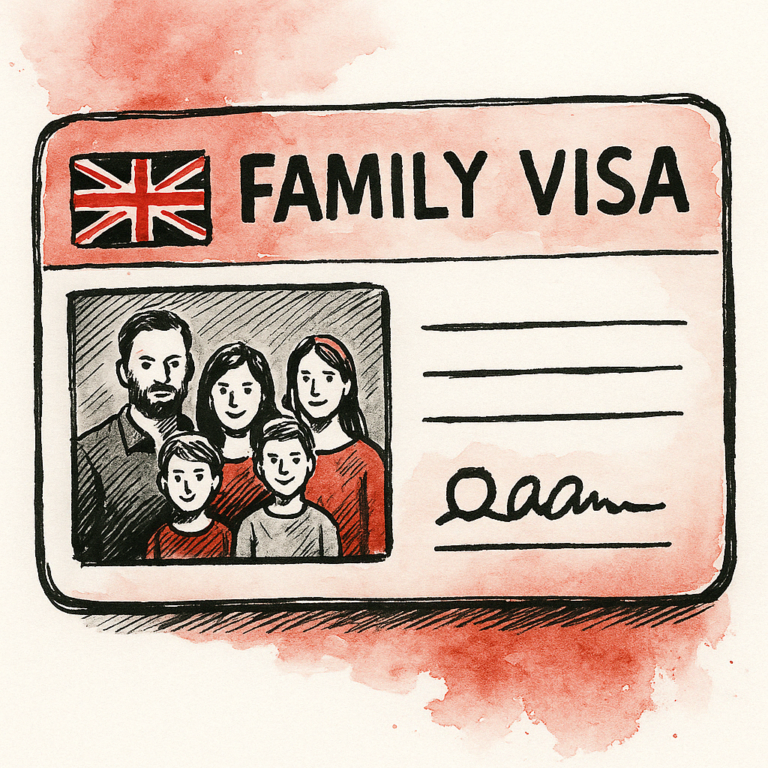
Family Reunification Visa in Denmark
If you’re planning to join your family in Denmark, understanding the process and requirements of a family reunification visa in Denmark is crucial. This guide thoroughly explains the application process, eligibility criteria, and compliance to help you smoothly reunite with…
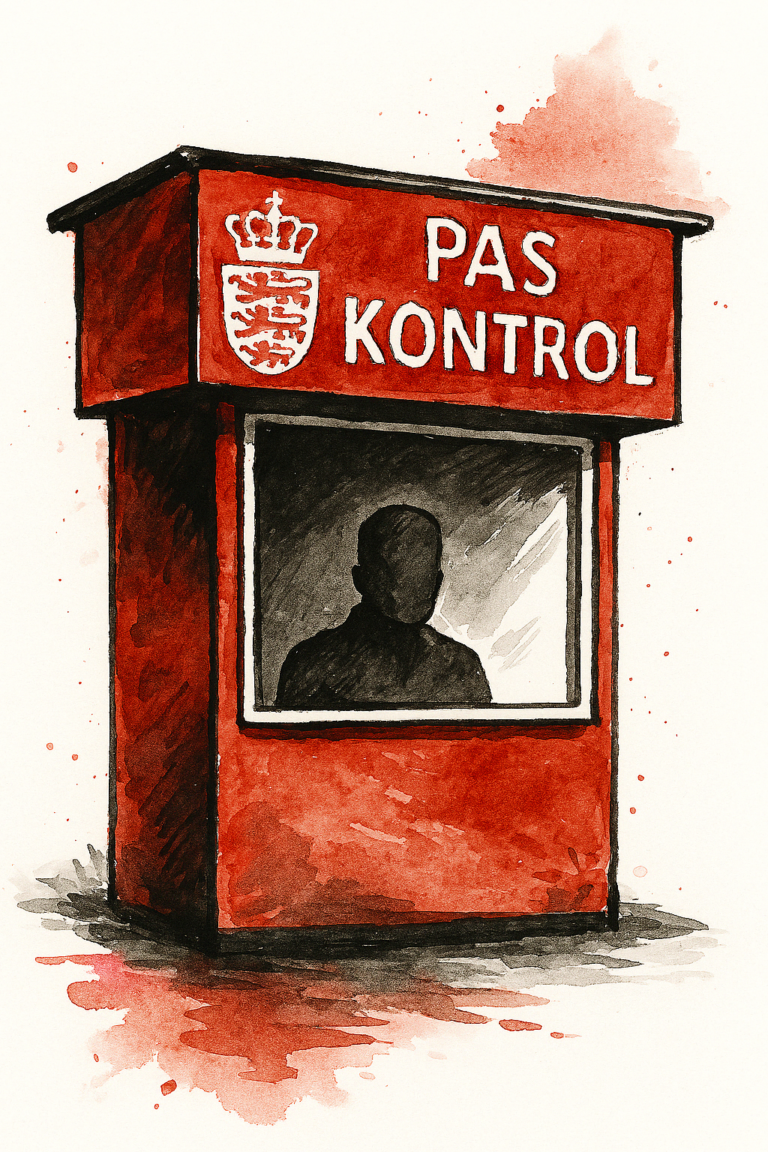
Long-Stay Visas & Residence Permits in Denmark
If you’re planning an extended stay in Denmark for work, study, or family reunification, understanding Long-Stay Visas (National Visas & Residence Permits in Denmark) is essential. This comprehensive guide covers the necessary steps, documentation, and compliance rules to smoothly navigate…
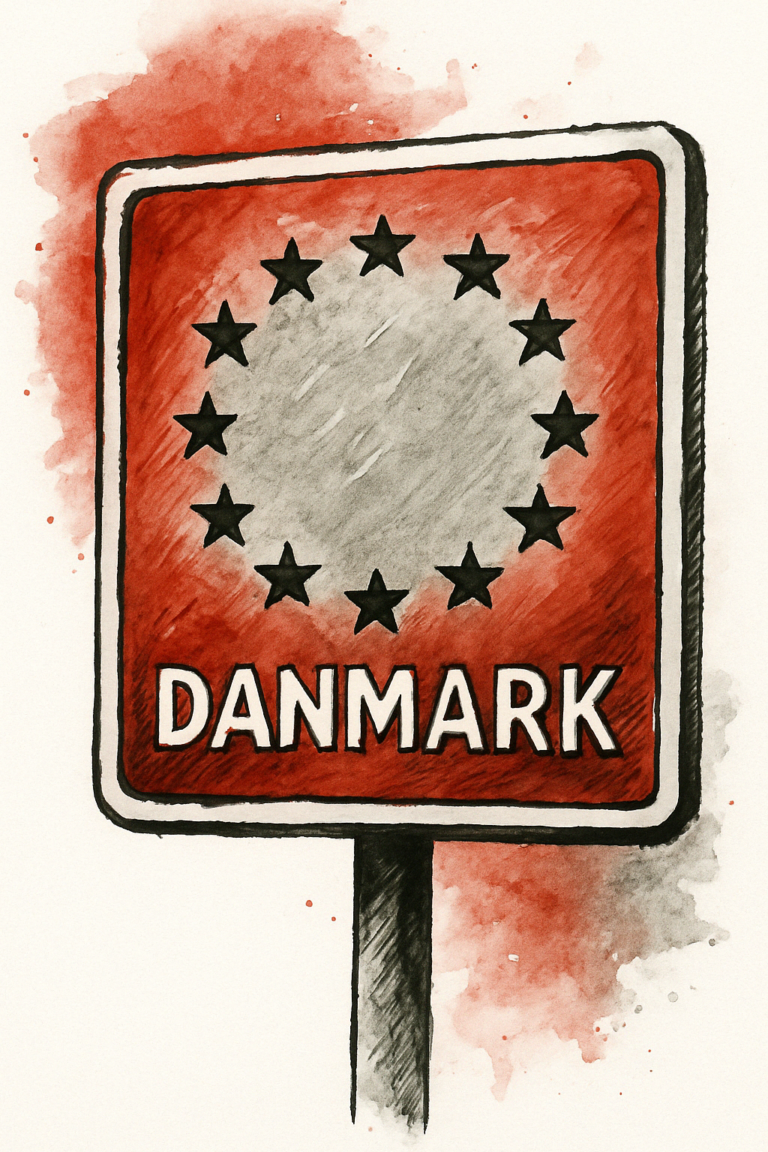
Short-Stay Visas in Denmark
Understanding short-stay visas (Schengen visas) is essential if you’re planning to visit Europe for tourism, business, or personal reasons. This guide provides comprehensive details on obtaining, using, and complying with the Schengen Visa rules, ensuring your travel plans go smoothly….
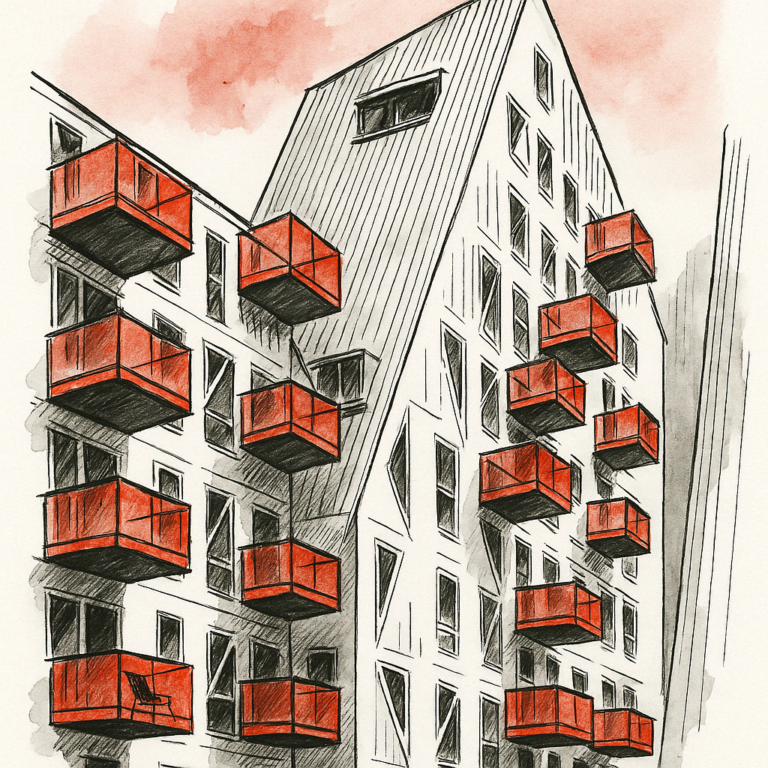
Healthcare in Denmark
Healthcare in Denmark is universally regarded as one of the best systems in the world. The country provides a high standard of healthcare services to its residents and expats, offering universal access through its publicly funded system. Whether you’re moving…
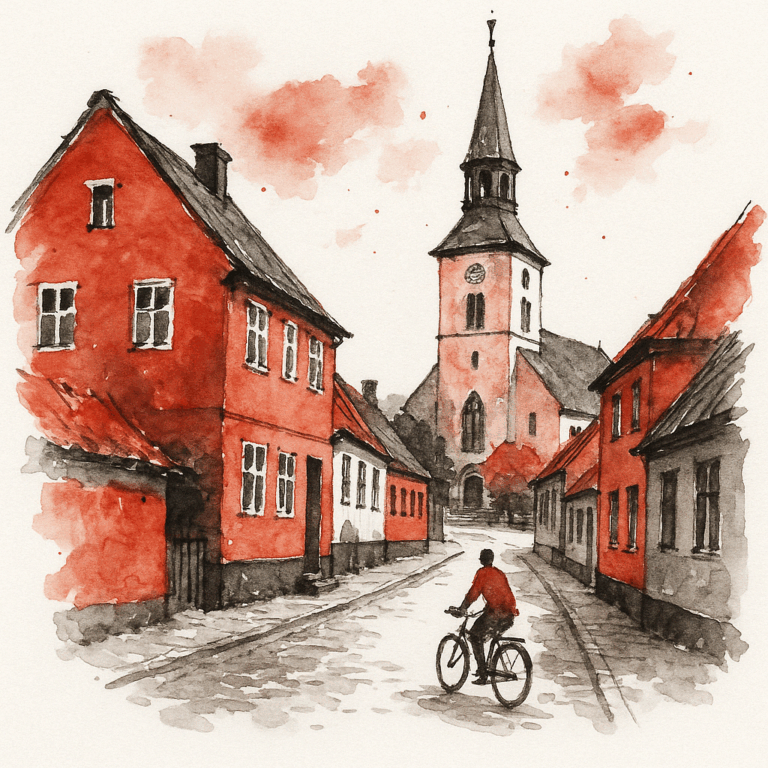
Everyday Life & Practicalities in Denmark
Everyday life & practicalities in Denmark are essential aspects for anyone planning to live, work, or travel to Denmark. Whether you’re a new expat, a tourist, or just curious about Danish culture, understanding how things work on the ground will…

Healthcare & Well-being in Denmark
Understanding healthcare & well-being in Denmark is essential for expats looking to settle in the country. Denmark offers a robust healthcare system that is publicly funded and provides a wide range of services for both residents and visitors. This guide…
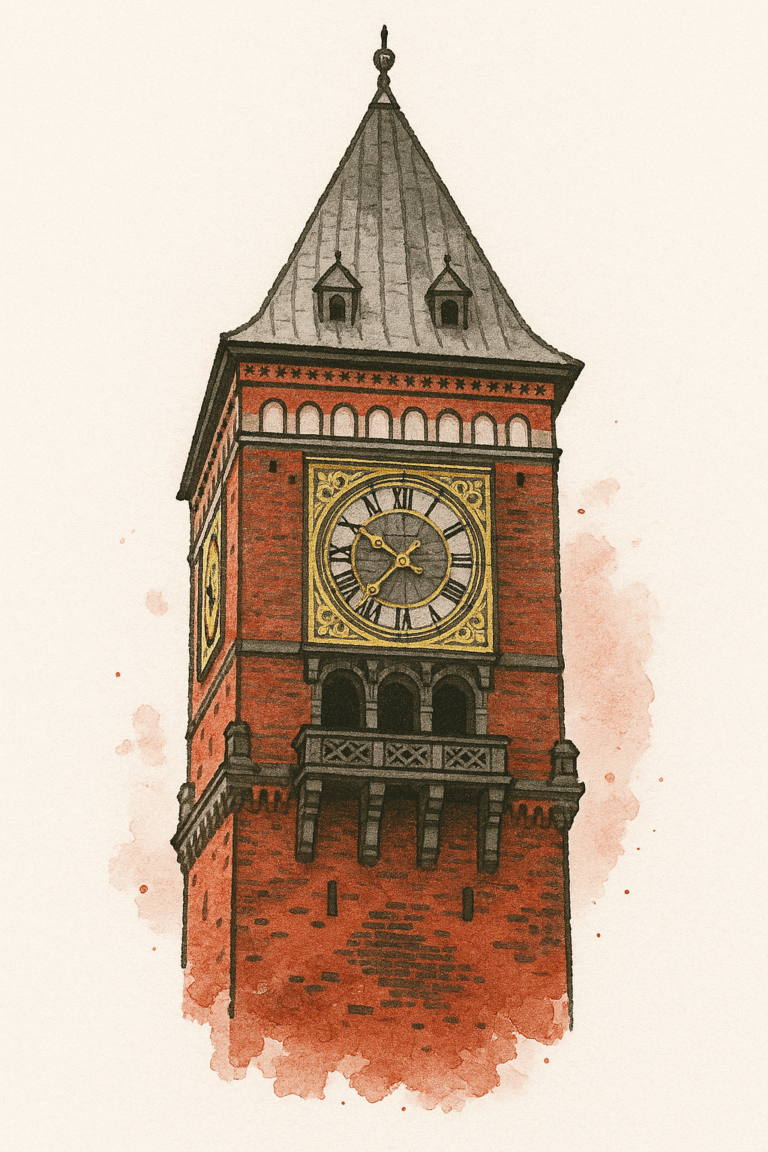
Danish Language Courses Copenhagen for Expats
If you’re an expat living in Copenhagen, learning Danish is one of the most important steps to integrate into Danish society. Whether you’re looking for free Danish classes Copenhagen for foreigners, affordable Danish language schools Copenhagen, or intensive Danish courses…
